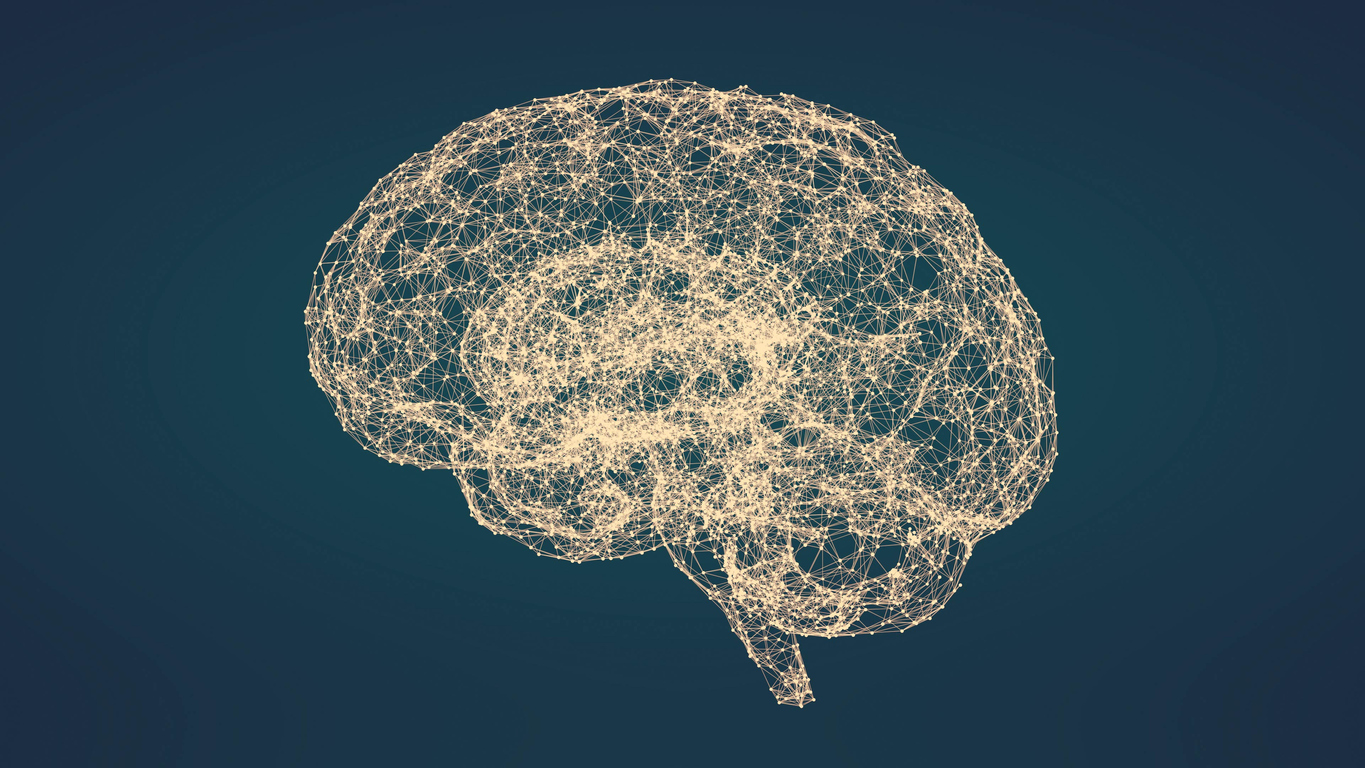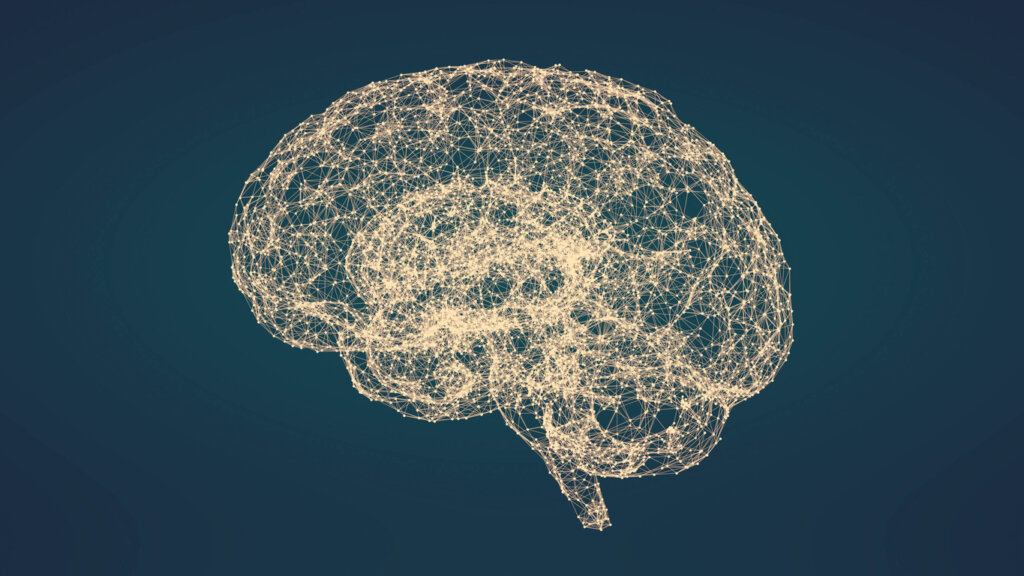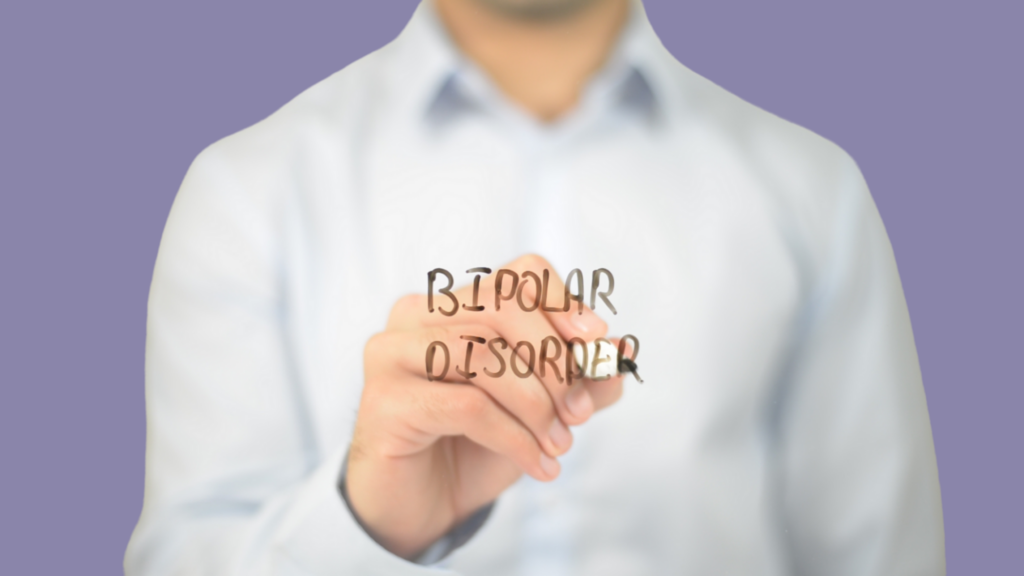

Living with treatment-resistant depression can be an uphill battle, leaving you searching for alternatives when traditional treatments fall short. Transcranial Magnetic Stimulation (TMS) has emerged as a promising treatment option for individuals who have found little relief elsewhere.
At Geode Health, we understand the struggle of living with treatment-resistant depression. We aim to provide clear and informative insights to support you on your journey to improved well-being. Keep reading to learn more about the efficacy of TMS, or reach out to a Geode provider today to learn how you can find relief from depression, whether through TMS or other treatment options.
The science behind TMS
Transcranial Magnetic Stimulation (TMS) is grounded in the principles of neuroscience and the intricate workings of the brain. This non-invasive procedure utilizes magnetic fields to stimulate specific regions of the brain. Most commonly, TMS for depression will target the dorsolateral prefrontal cortex, an area of the brain involved in mood regulation.
The magnetic pulses of TMS generate electrical currents that activate or inhibit neurons in the targeted brain regions. Through this focused stimulation, TMS helps to restore the balance of neurotransmitters, such as serotonin and norepinephrine, which are known to play vital roles in regulating mood and emotions. TMS may also help to increase neuroplasticity, allowing neuronal networks in the brain to grow and reorganize.
Clinical evidence supporting TMS
Numerous research studies and clinical trials have been conducted to investigate the effectiveness of TMS in treating depression. Here are some key findings:
- Response Rates: Clinical trials have demonstrated that TMS can be effective in treating depression. The response rate varies across studies, but patients tend to be several times more likely to improve with TMS compared to a placebo treatment. TMS appears to be effective as an add-on treatment to antidepressant medication, with studies suggesting around 50% of patients may experience a significant reduction in their depressive symptoms with the help of TMS. TMS is less effective than ECT (electroconvulsive therapy) for treatment-resistant depression, but also generally carries fewer risks.
- Long-Term Durability: Research suggests that the positive effects of TMS treatment can endure for months, offering an extended period of relief. Studies show that among patients who have responded to TMS, around half continued to experience improvement even a year after their initial treatment. Some individuals may benefit from sessions of maintenance TMS after their initial treatment.
- Clinical Guidelines and Approvals: Regulatory bodies such as the U.S. Food and Drug Administration (FDA) have granted approval for TMS as a treatment for major depressive disorder. Professional societies like the American Psychiatric Association (APA) recognize TMS as a viable option for individuals who have not responded to initial antidepressant medications.
- Real-Life Stories: Beyond the numbers, we also value the lived experiences of individuals who have pursued TMS. Their personal stories show the potential of TMS to provide relief from depression, even when other treatments have not been effective. Many individuals have benefitted from TMS, and although it may not be right for everyone, it has the potential to make a significant difference in the lives of those struggling with treatment-resistant depression.
Factors influencing TMS efficacy
While it is difficult to predict who will benefit most from TMS, several factors can influence the effectiveness of treatment:
- Treatment Protocol: TMS protocols are designed to suit your specific needs. Your provider may adjust factors such as intensity, frequency, and length of treatment sessions to optimize results.
- Treatment Duration: We understand that healing takes time. The duration of TMS treatment may vary depending on your response. Some individuals experience improvement within a few weeks, while others may require more extended periods of treatment for optimal results. Some people may also benefit from courses of maintenance TMS after initial treatment.
- Adjunctive Treatments: Studies suggest that TMS is most effective when used in combination with antidepressant medication. By optimizing the use of medication, psychotherapy, and interventions such as TMS, your provider can develop a treatment plan to best meet your needs.
- Co-occurring Conditions: Depression often occurs together with other conditions. Common co-occurring conditions, such as anxiety disorders or substance use disorders, can impact your response to TMS treatment. A comprehensive assessment by your provider ensures a holistic approach to your care.
When traditional treatments for depression are not effective, Transcranial Magnetic Stimulation (TMS) offers a promising alternative. As a non-invasive procedure that is well-tolerated by most individuals, TMS has the potential to bring significant relief to those experiencing treatment-resistant depression.
By understanding the key aspects of TMS treatment, consulting with healthcare professionals, and exploring the available research, you can make an informed decision about whether TMS is the right path to address your treatment-resistant depression.
We have locations in Georgia, Texas, North Carolina, Illinois, and Wisconsin. So, if you need a psychiatrist in Fort Worth, a psychiatrist in Milwaukee, or a psychiatrist in Plano…we got you covered and are here to help. Find a Geode psychiatry location near you and schedule your first appointment today. Remember, you are not alone on this journey, and support is available to help you decide on the best treatment option for you.


